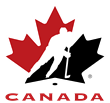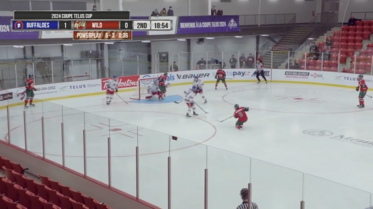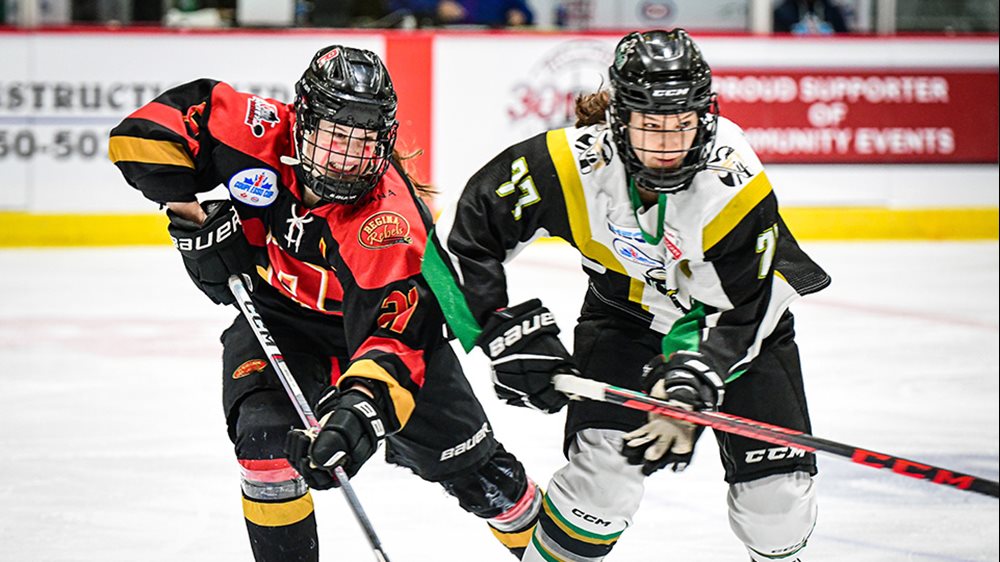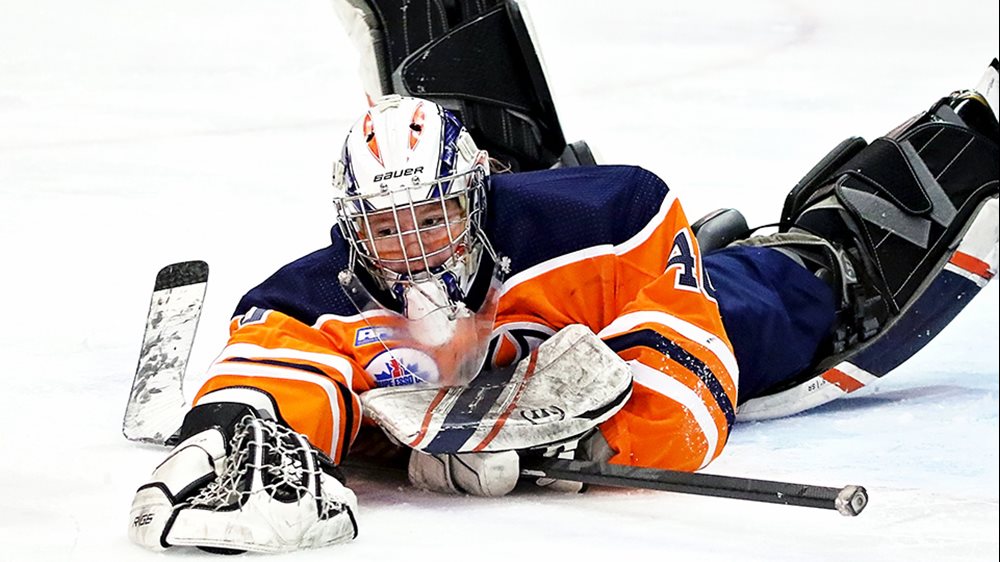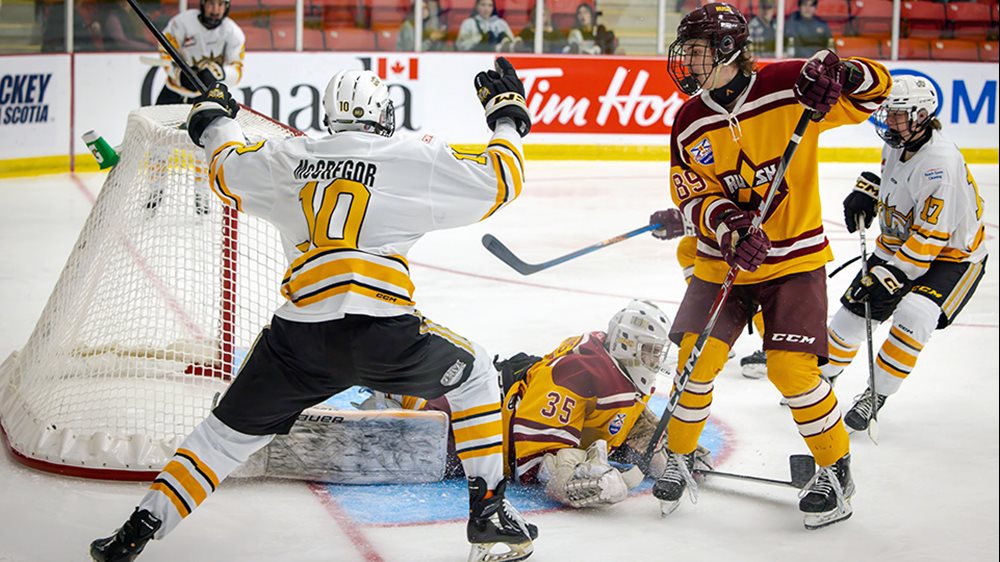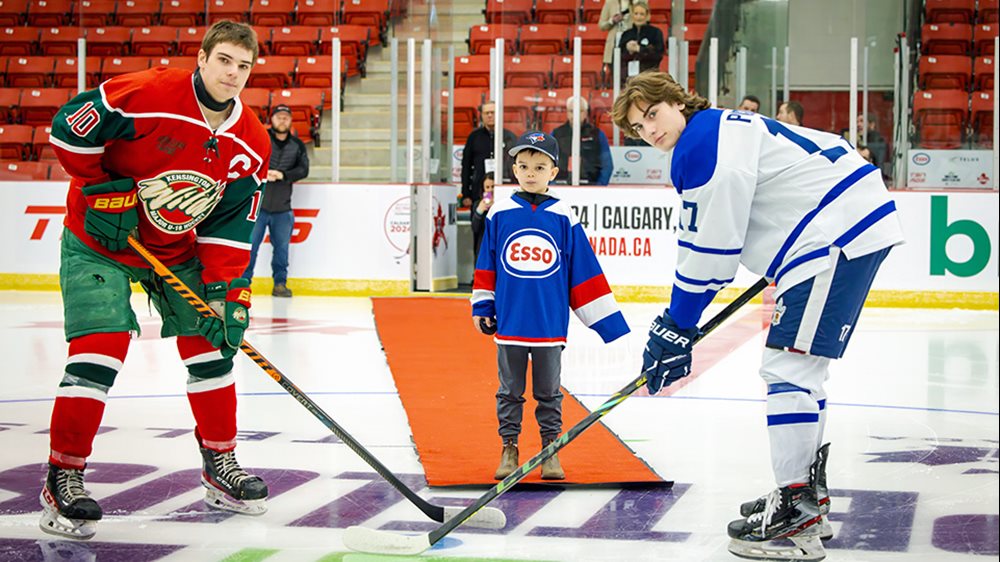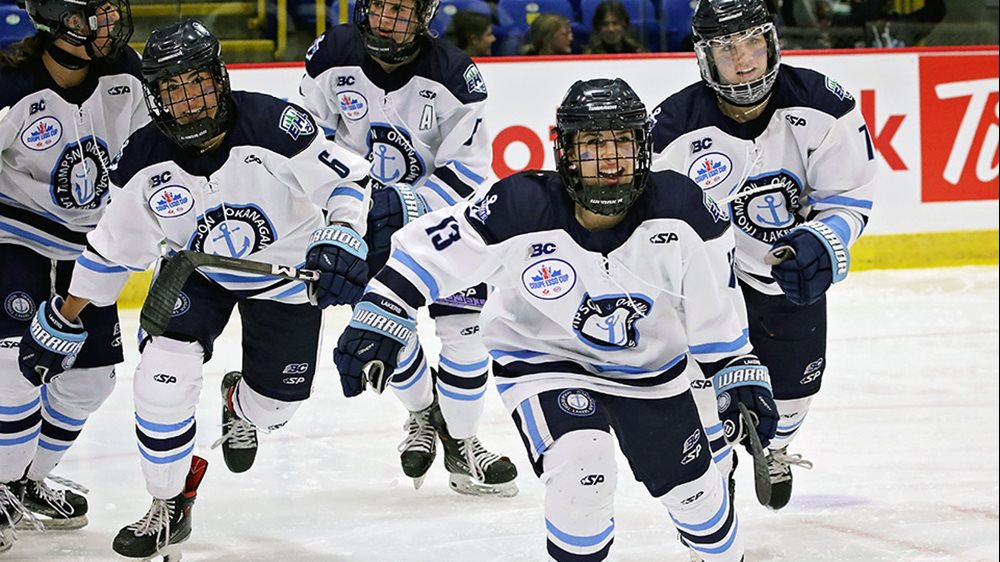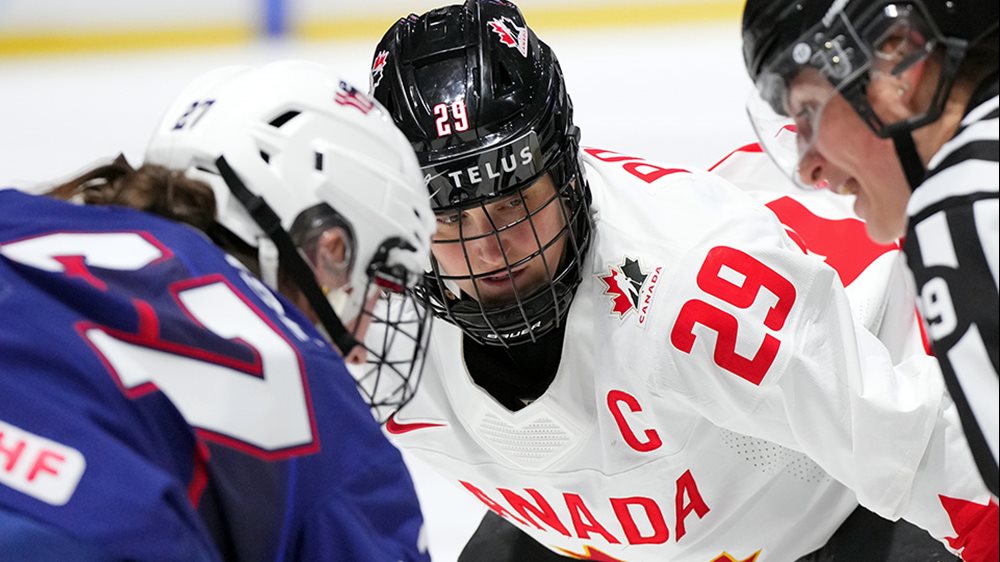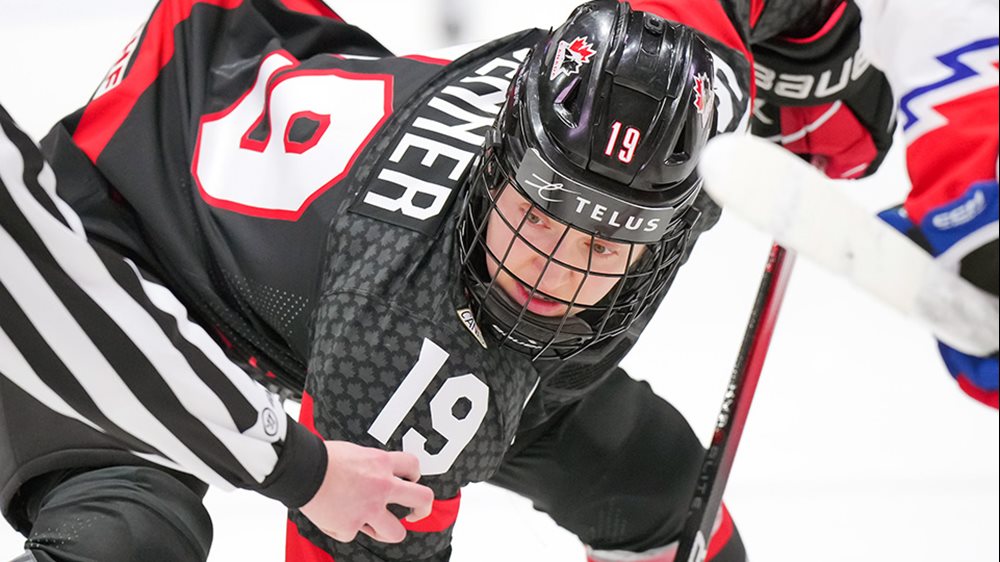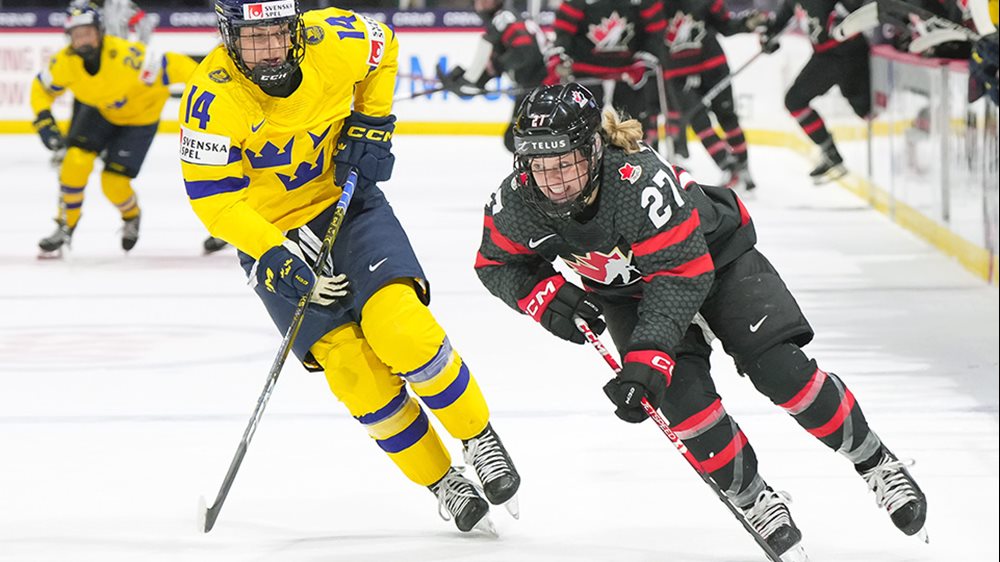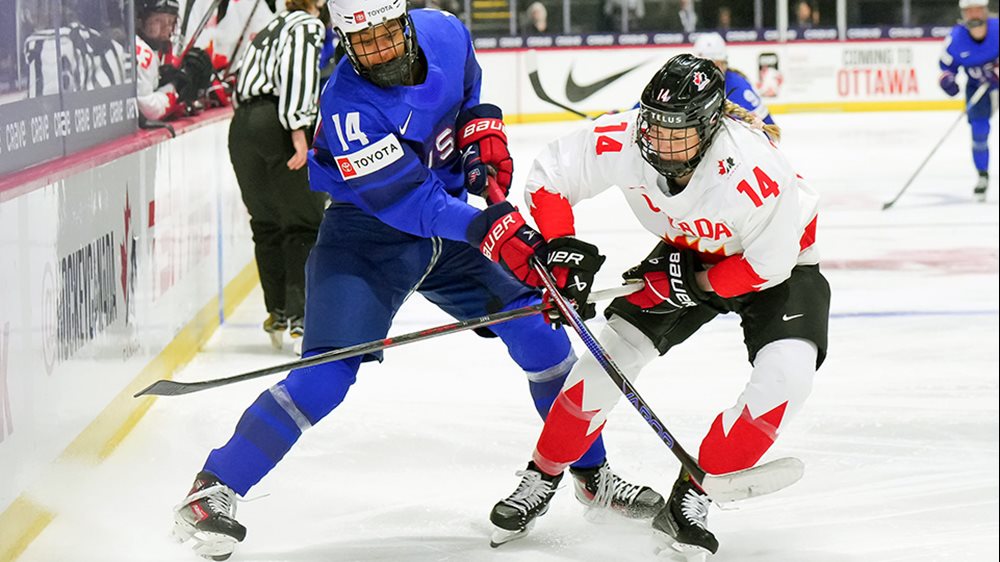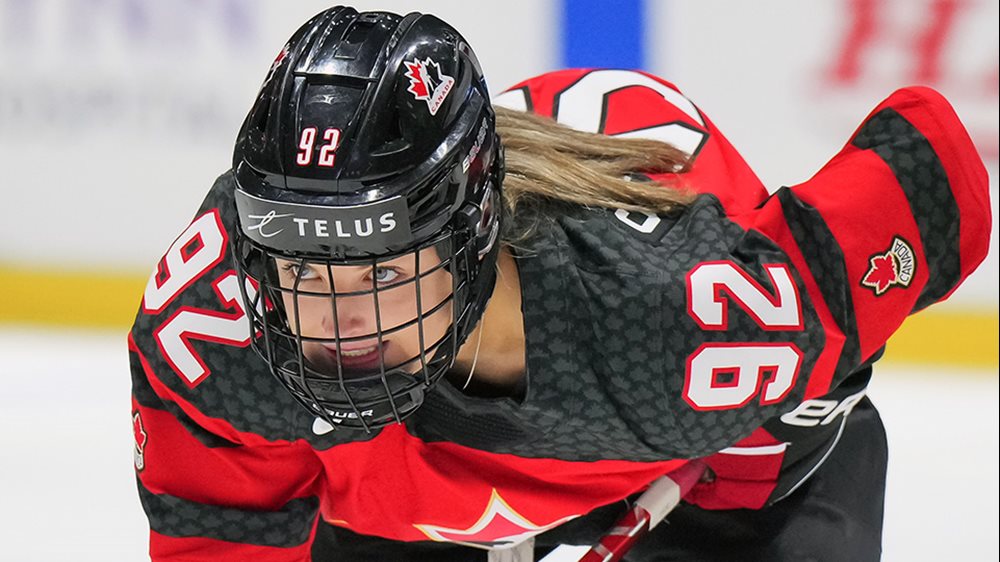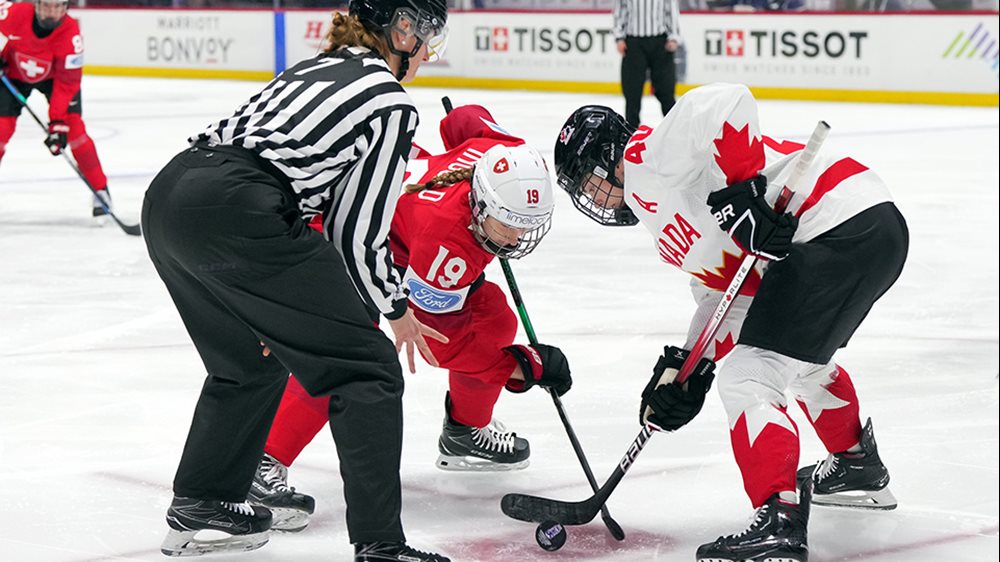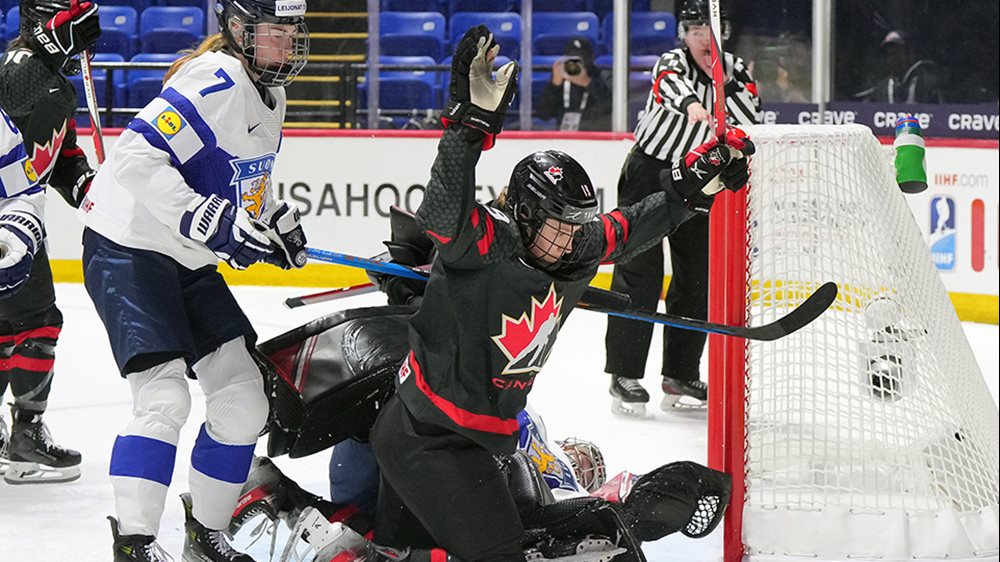A Lifetime of Memories
It was on the second day of his new job as coach of the Philadelphia Flyers when Ken Hitchcock met up with defenceman Eric Desjardins.
Hitchcock and Desjardins talked about the usual subjects when a coach and a player meet in the off-season, things like expectations coming into the 2002-03 NHL campaign and the changes in the league since the Detroit Red Wings won the Stanley Cup in June.
It came as no surprise, however, when they ended their conversation by revisiting their shared past. Hitchcock and Desjardins first crossed paths at the 1988 IIHF World Junior Hockey Championship in Moscow when Hitchcock was an assistant coach on Team Canada and Desjardins was a steady blueliner.
“It would be nice to have the same success this season as we had back then,” says Hitchcock, referring to the gold medal Canada won in what was then the Communist-dominated Soviet Union.
“The funny thing is we both have vivid memories of that tournament. I can remember plays, games, scoring chances and saves just like it was yesterday. And Eric has those same memories.”
“It was such a unique experience,” continues Hitchcock about representing Canada at the World Junior Hockey Championship. “I made friends for life. I still see guys in the NHL from that team and we know we share that past and that’s neat. We have such a respect for each other, what we went through and what we accomplished.”
The IIHF World Junior Championship has always fueled passions in Canada, perhaps more than anywhere in the world. Hockey is Canada’s game, and it sears the national ego when Canada doesn't mine gold.
Hockey is a touchstone of Canadian life. Hockey is more than a sport for Canadians; it is part of the country's soul. “I can't think of too many other countries that have the same passion for a sport as Canada has for hockey, ” Wayne Gretzky said last year prior to the Olympic Games in Salt Lake City. “Brazil for soccer maybe. ”
The World Juniors definitely has its place in the Canadian hockey psyche.
The tournament is a major event on the international sports calendar and it has become as much a Christmas tradition as turkey dinner with all the stuffings. In this country, Christmas includes watching the IIHF World Junior Hockey Championship.
Why? Because there’s nothing quite like the World Juniors as it is the best-on-best junior players in the world, in competition, and about the only equivalent is the Olympic or World Cup of Hockey events because they too are best-on-best events.
“It's a great Championship, ” says Vancouver Canucks general manager Brian Burke. “Most of the players who excel in the NHL have played in it. It's a chance for the juniors to step up in a best-on-best event. It's a good test. ”
For the players who proudly wear Canada’s colours on the international stage, a trip to the World Juniors means so many new experiences. They're united with so many people they've never met before, or even had celebrated battles in league play, and usually a long ways from home in a foreign land at a time usually reserved for family.
“I run into guys I played with and it's like yesterday, ” says Dwayne Hay, who won gold in Geneva in 1997. “They're your buddies forever because there’s a special bond. You may be butting heads in the OHL or the Western Hockey League, but you come together.”
The Canadian players and coaches share two things in common when participating at the IIHF World Junior Hockey Championship: hockey and the desire to win a gold medal for Canada.
There was a time when Canada completely dominated any and all international competitions, winning six of the first seven Olympic tournaments. This was not surprising perhaps, given the fact that the sport of hockey originated here in Canada. But by the 1950’s, hockey had caught on in other countries, and Canada found itself with some stiff competition.
Canada’s reign atop the hockey world came to an end in 1956 when the Soviet Union won Olympic gold, sweeping through the tournament without a loss. Canada, however, was at a disadvantage. While the Soviets were able to use their best players, Canada could not. The top Canadian players were NHLers and as such were classed as professionals and excluded from Olympic competition.
Canadian fans longed to see a series that pitted Canada’s top players against the best Soviet players, and in 1972, Canada finally got its wish. But the historic '72 Summit Series did not unfold as Canadians had imagined it would. It hadn't really occurred to Canadians that the Soviet Union might prove a strong match for Canada’s top players. But it did, winning two of the first four games in Canada before heading to Moscow and the home-ice advantage for the final four games of the tournament. Canada managed to win the last three games, thus avoiding an international letdown, but Canada’s confidence was seriously shaken.
The series was a wake-up call. Canada pulled up its hockey socks and took its international competitors more seriously. For a long stretch, the World Juniors was Canada’s way of getting back at the Russians.
The inaugural World Juniors was held in 1974 and Canada’s practice back then was to send the Memorial Cup champions to the tournament. In ’74, it was the Peterborough Petes who flew Canada’s flag and the practice of dispatching the Memorial Cup champs overseas remained until 1978 when a 16 year-old by the name of Wayne Gretzky was on Canada’s first National Junior team. Canada finished third in that tournament and Gretzky finished with 17 points in six games and was named the tournament’s top forward.
Canada’s first true National team at the world junior championship came in 1982, with the beginning of the CHA’s Program of Excellence, and over the next 16 years, Canadians mined gold a total of 10 times, including an unprecedented run of five straight world titles starting in 1993. In that 16-year run, the Canadians juniors only missed the medal podium four times and no other country has come close to matching that success.
Hitchcock rates his ’88 World Junior gold medal alongside his 2002 Olympic gold medal in Salt Lake City, where he was an assistant coach on Team Canada, and the 1999 Stanley Cup as Head Coach of the Dallas Stars.
“It is a hard tournament to win,” says Hitchcock, “and the experience in Salt Lake was a lot like Moscow. In Salt Lake, we were literally shut out of the world. We were in the Olympic bubble and we lived in the Olympic bubble. In Moscow we did not have a clue what was going on and we grew together as a team. We were just playing hockey, and there was some great hockey.”
Over the years, the World Juniors has produced some memorable moments, and the Moscow tournament was one of them.
The ’87 tournament was held in what was then Czechoslovakia and going into the final day of the round-robin competition, Canada was in contention for gold and a win over the Soviets would have clinched the title. But passions slopped over the bowl and both Canada and Russia were disqualified after a brawl. They didn't get it stopped until the arena workers turned out the lights.
The stage was set for Moscow in 1988 and when Canada played the Soviets on New Years Day, a packed crowd of 18,000 saw the Canadians shock the Russians, beating them 3-1. The hero was goalie Jimmy Waite, who stoned the Russians for 31 minutes after Canada took the 3-1 lead.
“The funny thing about that is Jimmy Waite never really starred in the NHL and our back-up goalie at the time, Jeff Hackett, is still going strong,” says Hitchcock.
The 1991 tournament in Saskatoon is one which has found its way into world junior lore, that is if you are a Canadian. The hero was defenceman John Slaney, whose only goal of the tournament, late in the third period, beat the Russians 3-2 and clinched the world title.
The ’95 championship in Red Deer, AB, gave Canadian fans the chance to see a true National Junior “Dream Team”. With NHL arenas dark because of a labor dispute, the Canadian Hockey Association was able to recruit junior-aged players who would have been usually plying their wares in the NHL. The “Dream Team” included Alexandre Daigle, Marty Murray, Wade Redden, Jeff Friesen and Jason Allison.
When it comes to talent, the 1993 team was one of the best ever, and it included NHLers Paul Kariya, Martin Lapointe, Chris Pronger, Jason Smith, Adrian Aucoin and goalie Manny Legace, whose 50-plus save performance against Saku Koivu and Finland was one of the finest displays of netminding in world junior history. The Swedes iced a powerful team on their home soil and an unknown forward by the name of Peter Forsberg set a world junior scoring record, with 31 points in seven games.
2001-2002 NHL scoring champion Jarome Iginla first gained prominence at the 1996 World Juniors, and nearly all the Canadians who won an Olympic gold medal in Salt Lake City are graduates of the National Junior Team program.
“It’s a coming out party.” says Hitchcock of the throngs of juniors who played on this world stage and then went on to outstanding NHL careers. “For these kids, it is their first experience on the world stage and it is a really different learning experience. A lot of the players on their respective national junior teams go on to become key players on their NHL teams.”
Forsberg and Koivu are only two names of international players who showcased their talent at the World Juniors. Others include a who’s who of NHL stars, such as Jaromir Jagr, Markus Naslund, Pavel Bure, Alexander Mogilny, Sergei Fedorov, Mats Sundin, Mike Modano, Keith Tkachuk, Mattias Ohlund, Igor Larionov, Brian Leetch and Teppo Numminen to mention a few.
The World Juniors is also a dream come true for NHL scouts.
“It is amongst the best hockey we’ll see in a season,” says Pierre Gauthier, the ex-GM of the NHL’s Ottawa Senators and Anaheim Mighty Ducks. “The event has really grown in importance here and in Europe. These National Junior teams are run like professional teams.”
Representing Canada at the World Junior Championship is the dream of every Canadian hockey player. There are only a certain amount of guys who get to do this and making the team is something they will always have, no matter what. As hokey as it sounds, the players became family in a short time, and it has carried these Canadian kids far.
The last word will go to Toronto Maple Leaf scout Barry Trapp, who for a handful of years was the man in charge of finding the players for the Canada’s National Junior Program. It was during a break at the ’99 Worlds in Winnipeg when Trapp was asked about what he looks for in assembling his roster.
“Out there you have skating, thinking, and skills combined with character and a huge, huge heart, ” said Trapp. “It's grit and determination. One thing you can't take away from Canadian kids is the mental toughness. These kids play tough schedules. These kids are away from home a lot. They play a professional schedule. They are mentally tough and that is a big thing that plays well with their skills. They have been through tough situations. They are not pampered, and they would represent their country at the drop of a hat.”
And that is what makes the IIHF World Junior Championship such a unique experience, for players and fans like. Players get to fulfill a dream and fans get to see great hockey. Call it a win-win situation.
For more information: |
- <
- >
